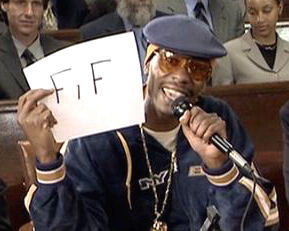HardOCP News
[H] News
- Joined
- Dec 31, 1969
- Messages
- 0
Thanks to the iPhone 5S's finger print reader, Apple may have inadvertently made it impossible for you to "take the fifth" when it comes to information stored on your phone.
Biometric authentication may make it easier for normal, everyday users to protect the data on their phones. But as wonderful as technological innovation is, it sometimes creates unintended consequences — including legal ones. If Apple’s move leads us to abandon knowledge-based authentication altogether, we risk inadvertently undermining the legal rights we currently enjoy under the Fifth Amendment.
![[H]ard|Forum](/styles/hardforum/xenforo/logo_dark.png)
